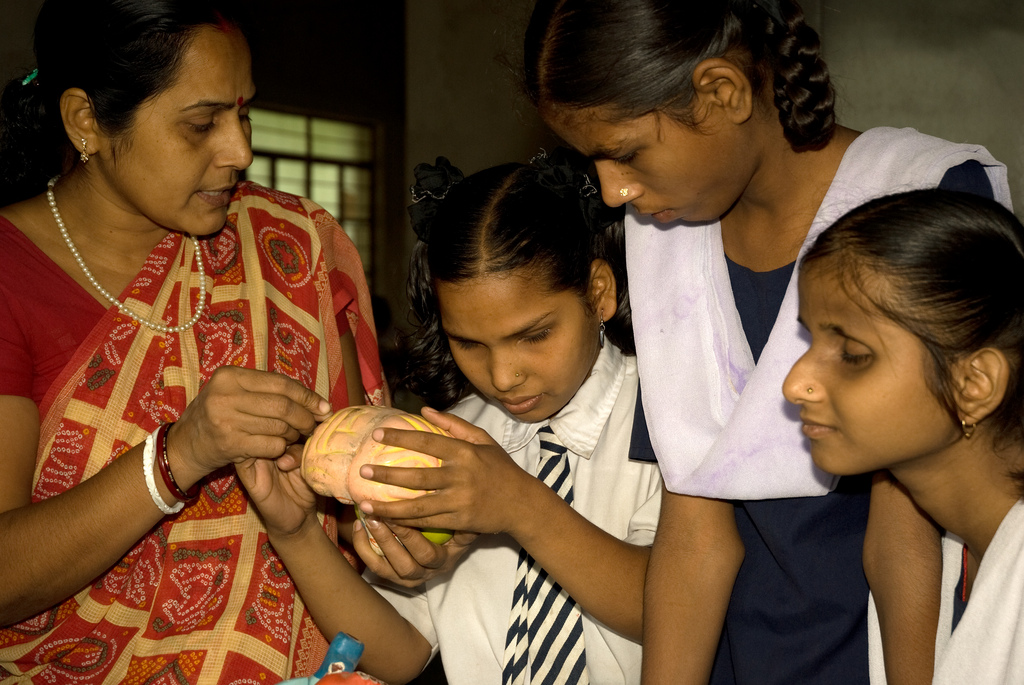Superstition and its resultant cruelty are not new in India; in fact, their iron grip on people’s imaginations and actions seems to be growing firmer. This is evident not only in the barbarity with which the fingers of an aged adivasi man in West Bengal’s Birbhum district were chopped off, but also in the nature of the allegations that led to the crime. The old man was accused by a witch doctor of practising witchcraft after a school-going girl fell ill, and the victim’s son, who was among the people accused of carrying out the act, said that he was pressured by the village kangaroo court to cut off his father’s fingers. As such, even more worrying than the crime itself are its implications. The lack of education can rightly be cited as a principal cause for superstition-fuelled crimes in the region. However, the problem goes far deeper. The girl who fell ill alleged that a witch had been directed by the old man to cast a spell on her. This girl is a student of Class IX; her allegations raise serious doubts about the quality of the available education, and what children are taught — and not taught — in school, not just in the state but all over India.
This highlights a problem that has increasingly been plaguing school and higher education in the country ever since the Bharatiya Janata Party-led government came to power at the Centre: the peddling of questionable theories as scientific discourse (women can choose the fates of their children from the foetal stage, plastic surgery originated in India, the consumption of cow urine is good for health). It is not superstition alone that allows practices such as witch-hunting to thrive. The deliberate push by the political class to institutionalize unscientific thought as a part of the education system contributes to it. The murders of the rationalists, Narendra Dabholkar, Govind Pansare and M.M. Kalburgi, also point to the fierce resistance to the spirit of enquiry. This problem is unlikely to be solved with awareness initiatives or anti-superstition laws alone. Enlisting the help of rationalist organizations — most of which have to work on their own resources and, as such, have limited influence — might go some way in bolstering the effectiveness of awareness campaigns. However, this is not just the responsibility of free-thinking citizens and the scientific community. It is the government’s responsibility to promote a scientific temper; it is high time it did its job.











